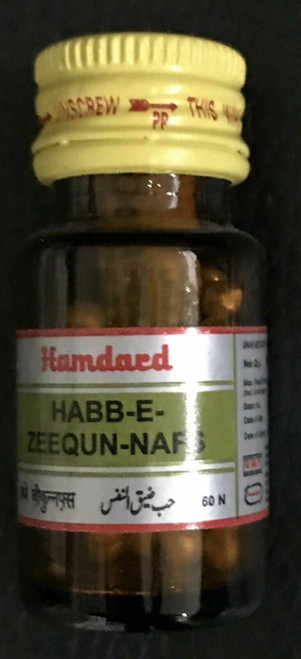shawasari tablets 30 for allergy and asthma
Swasari vati, also known as Swasari ras or Swasari kwath, is a traditional Ayurvedic medicine used for the treatment of respiratory disorders. It is made using a combination of herbs and minerals, and it is commonly used for the management of conditions such as asthma, bronchitis, and cough. In this article, we will discuss the benefits, uses, side effects, and precautions of Swasari vati.
Introduction
Swasari vati is an Ayurvedic medicine that has been used for centuries in India for the management of respiratory disorders. It is made using a combination of herbs and minerals, which have been carefully selected for their therapeutic properties. The medicine is available in the form of tablets, and it is usually taken orally with water.
Swasari vati is believed to work by strengthening the respiratory system and promoting the removal of mucus from the airways. It also has anti-inflammatory and antimicrobial properties, which help in reducing inflammation and fighting infections. Let’s take a closer look at the benefits and uses of Swasari vati.
Uses
Swasari vati is used for the treatment of various respiratory disorders, including asthma, bronchitis, cough, and cold. Here are some of the uses of Swasari vati in detail:
Asthma
Asthma is a chronic respiratory disorder that causes the airways to narrow and become inflamed, leading to difficulty in breathing. Swasari vati is believed to be an effective remedy for the management of asthma. It helps in reducing inflammation in the airways, which makes it easier for the person to breathe. It also helps in reducing the frequency and severity of asthma attacks.
Bronchitis
Bronchitis is a condition that causes inflammation of the bronchial tubes, which are responsible for carrying air to and from the lungs. Swasari vati is used for the treatment of bronchitis as it helps in reducing inflammation in the bronchial tubes, making it easier for the person to breathe. It also helps in relieving cough and chest congestion.
Cough and Cold
Swasari vati is also used for the management of cough and cold. It helps in reducing inflammation in the respiratory tract, which leads to the reduction of cough and cold symptoms. It also helps in promoting the removal of mucus from the airways, which helps in relieving congestion.
Other Uses
Swasari vati is also used for the management of other respiratory disorders, such as pneumonia, tuberculosis, and sinusitis. It is also believed to have a beneficial effect on the immune system, which helps in preventing infections.
Side Effects
Swasari vati is generally considered safe for use. However, like any other medicine, it may cause side effects in some people. Here are some of the possible side effects of Swasari vati:
Digestive Issues
Some people may experience digestive issues such as diarrhea, constipation, or abdominal pain after taking Swasari vati. These side effects are usually mild and go away on their own.
Allergic Reaction
In rare cases, Swasari vati may cause an allergic reaction in some people. Symptoms of an allergic reaction may include rash, itching, swelling of the face, lips, tongue, or throat, difficulty breathing, or dizziness. If you experience any of these symptoms, seek immediate medical attention.
Drug Interactions
Swasari vati may interact with certain medications, including blood thinners and medications used for the treatment of diabetes. If you are taking any medications, talk to your doctor before taking Swasari vati.
Precautions
Swasari vati is a potent Ayurvedic medicine, and it is important to take certain precautions while using it. Here are some of the precautions that you should keep in mind:








